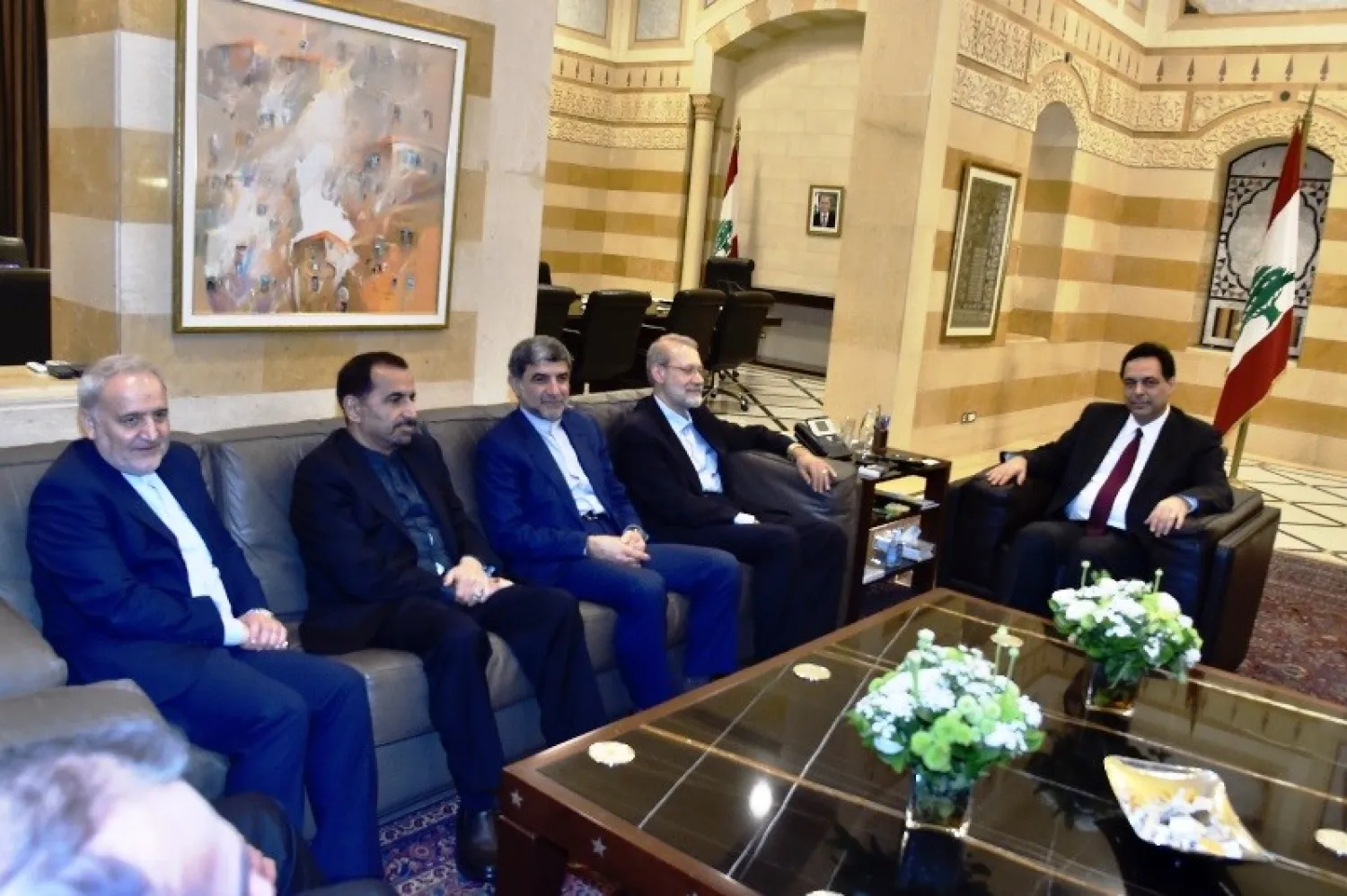Western officials have called on Lebanese Prime Minister Hassan Diab to stop responding to his critics and instead take serious measures to resolve the country’s economic and social problems.
An official specialized in Middle Eastern affairs at the foreign ministry of a European state told Asharq Al-Awsat in remarks published Monday that Diab is busy responding to the criticisms of al-Mustaqbal Movement and the Progressive Socialist Party at a time when the PM needs the support of all political factions to implement his reform plan.
The official advised the Lebanese PM about the need to complete a rescue plan necessary to secure the release of Western funds pledged for Lebanon, particularly at a time when the country suffers from deteriorating economic and financial conditions.
“The plan needs to be completed by next May,” the official said.
Diab had earlier promised several European ambassadors to Lebanon that his government would work extensively to announce a rescue plan by May.
EU economists believe that such a plan does not require a long time to complete.
Several European countries have announced willingness to send specialists to help Beirut speed up the implementation of reform projects and to offer technical advice.
Separately, a number of European ambassadors have expressed dismay at Diab’s separate meetings last month with Iranian Speaker Ali Larijani and Syrian Ambassador to Lebanon Ali Abdel Karim Ali.
Beirut’s response - that it has diplomatic relations with both Tehran and Damascus, and that Diab’s talks with the two officials did not come against any political backdrop - was unconvincing for the European diplomats.









